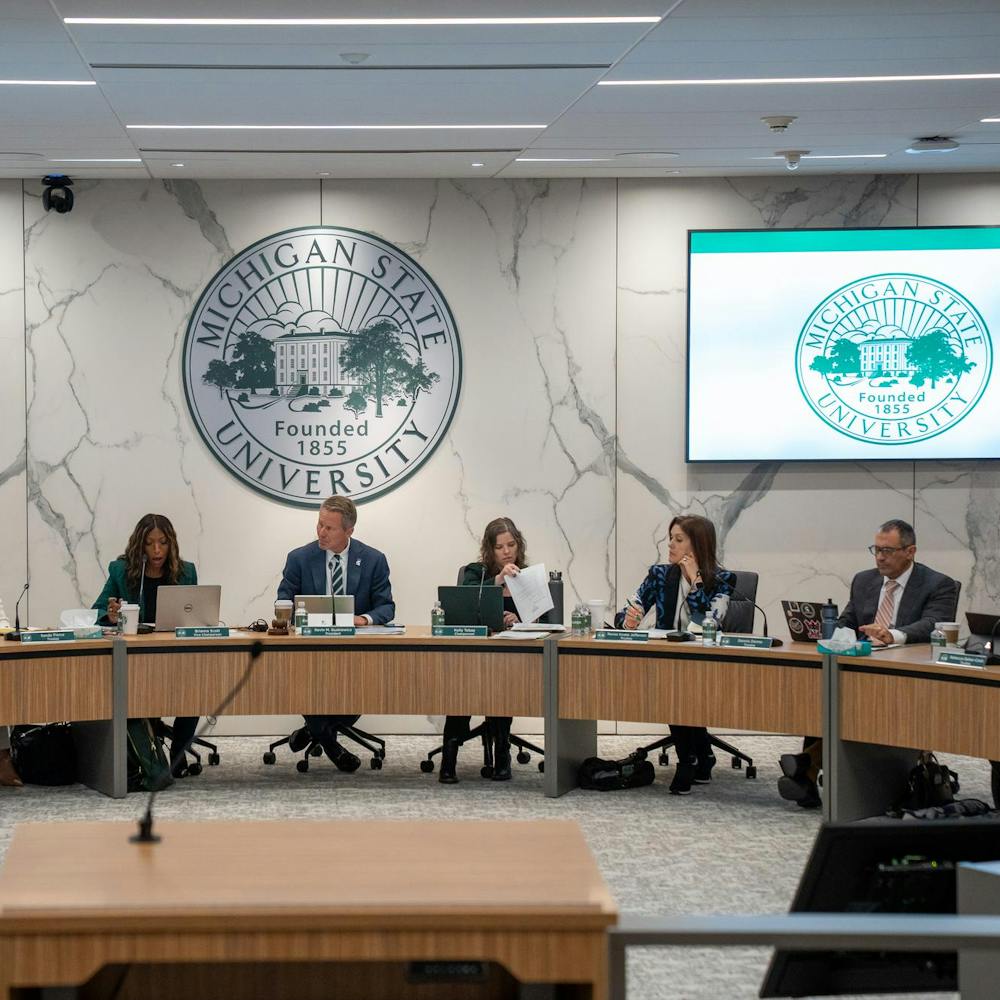A U.S. Supreme Court decision has yet to be made concerning the constitutional validity of a key section of the Voting Rights Act, potentially altering the voting process in some states in future elections.
On Wednesday, Supreme Court justices engaged in oral arguments focused around reversing a law which oversees voting changes in states with a history of racism at the polls.
Under Section 5 of the 1965 Voting Rights Act, certain states — including Alabama, Alaska, Arizona, Georgia, Louisiana, Mississippi, South Carolina, Texas and Virginia — are required to submit changes in voting districts for approval by the Department of Justice.
The heaviest opposition to the law has been from Shelby County, Ala., which says the pre-clearance requirement is unconstitutional and works to correct an era of racism that has been corrected.
The American Civil Liberties Union, or ACLU, has refuted these claims, affirming the law is “the most important piece of civil rights legislation Congress has ever enacted.”
This is a sensitive issue for the Supreme Court, and their eventual verdict likely is to generate much dispute. But it is critical their decision in no way allows for discrimination to exist at the polls.
Since passed by Congress in 1965, the Voting Rights Act has been a staple in ensuring all citizens the fair and equal opportunity to vote.
In counties and states where blatant discriminatory practices were used to deter certain groups — most notably African Americans — from having a say at the polls, the Voting Rights Act was a safety blanket in guaranteeing all citizens one of their basic freedoms.
Although many states, such as Alabama, say the entirety of the law no longer is needed to combat racism that has faded since the past, when you consider the controversy that has surrounded recent elections, it makes you question the truth in their claim.
One of the biggest controversies surrounding voting practices in this country — and the Voting Rights Act — is voter identification.
Last year, the law was successful in blocking strict voter ID laws in Texas and South Carolina and prevented Texas from gerrymandering techniques that would have discriminated against minority voters. Texas has argued the stricter ID requirements are necessary to combat against illegal immigrants.
States across the country have addressed this problem in numerous ways, with some requiring an official state-issued license and others only needing as little as an electric bill to confirm the location and name of the person casting the vote.
But while this problem varies with location — and is a much different concern for states in the south — it demonstrates the slippery slope altering this law could present.
At its core, the Voting Rights Act, was enacted to guarantee all citizens an equal and fair path to the polls, and slashing its power could recreate many problems our nation has worked to make right.
Minority voters never should feel as if their voice is not going to be heard, and the laws our country has made have strived to affirm that.
If the southern states believe this law applies to really have prevailed against their formerly racist enigma, they should take steps toward making this statement a known truth instead of a questionable thought.
Support student media!
Please consider donating to The State News and help fund the future of journalism.
Discussion
Share and discuss “Shouldn’t mess with Voting Rights Act” on social media.






